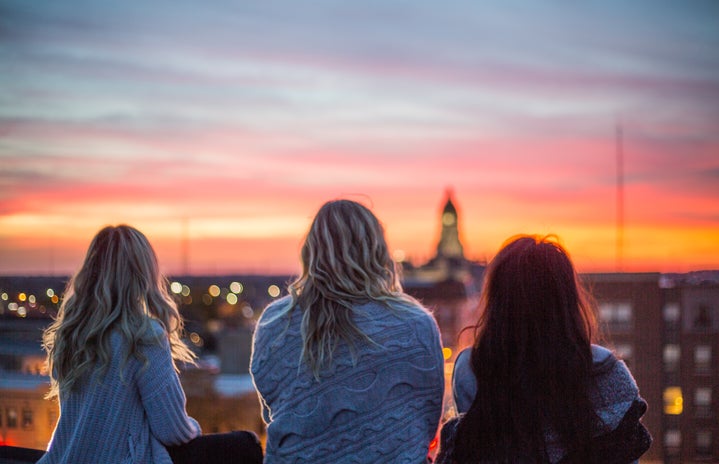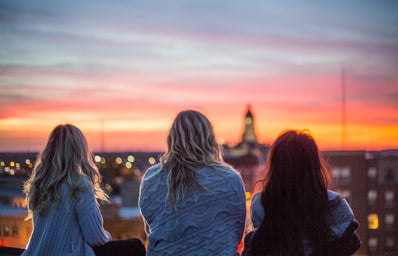By Lauren Ren
Unlike many American-born Chinese who lived in the U.S. for their whole lives, I spent about half my life in Asia. Having spent my early childhood in China, moving back to New York for five years, moving to Hong Kong for five years, and then going to high school in Shanghai, my life has been a series of engaging with different cultures both local and international. However, one thing has stayed consistent within my family no matter where we moved to – our love for our ethnic country and its traditions.
In China, the Lunar New Year (xin nian) is the biggest holiday of the year. Each year represents an animal from the Chinese zodiac (sheng xiao), with each animal recurring once every 12 years. Chinese New Year can occur either during January or February, depending on the lunar calendar for that year. The entire festival can last up to 15 days, with certain rest days for the entire community. During Chinese New Year, people reunite with their family members and loved ones from places both near and far. However, since I’m in the U.S. and we have classes during that period of time, I do my best to observe traditions that are similar to ones observed back home.
During Lunar New Year’s Eve, I go out for a meal with close friends instead of family, since I don’t have any relatives here in Boston. The meal could be anything as long as it’s Chinese food. This year, I went out for all-you-can-eat mini hot pot with my best friend, and it was an amazing experience. Although we had to queue in line for 15 minutes to be seated due to the holiday rush, the food was fresh, we bonded over great conversation, and we were both reminded of eating hotpot with family back in China. Oh, and we also remembered to toast tthe new year with bubble tea (I’m not yet 21 so I can’t drink, so sad).
When going out during New Year’s Eve and on New Year’s Day, I dress in traditional Chinese garments. While many of you may be familiar with the cheongsam (qipao) for women, I opted for an even older version of the fashion – similar to the robes worn by Qing Dynasty aristocrats and royalty, which consists of a long overcoat with slits on the sides for walking, and matching trousers. Although the garment isn’t the most practical for walking to class in, I still wore it to class on New Year’s Day because I wanted to show pride in my Chinese heritage in an American classroom.
Last but not least, I make dumplings with friends. The process itself is super fun because everyone bonds with each other through teamwork. One person makes sure there’s enough filling, another person takes charge of frying/steaming the dumplings, and another person makes the next batch for consumption. In China, dumplings are seen as food for good fortune because the shape resembles a gold ingot. Many dumplings stacked together looks like a lot of money, something that many Chinese families hope to achieve in their lives.
If you want to learn more about traditional Chinese culture, check out BUCSSA – Boston University Chinese Students and Scholars Association. This club hosts many events throughout the year and the main language of this club is Mandarin. So, for those of you who are interested in learning Chinese, this is the perfect opportunity for you!
BUCSSA CONTACT INFO: Facebook: @BUCSSA2016, Instagram: BUCSSA, Website: bucssa.net, WeChat: BUCSSA_Terrier
Want to keep up with HCBU? Make sure to like us on Facebook, follow us on Instagram, check out our Pinterest board, and read our latest Tweets!


